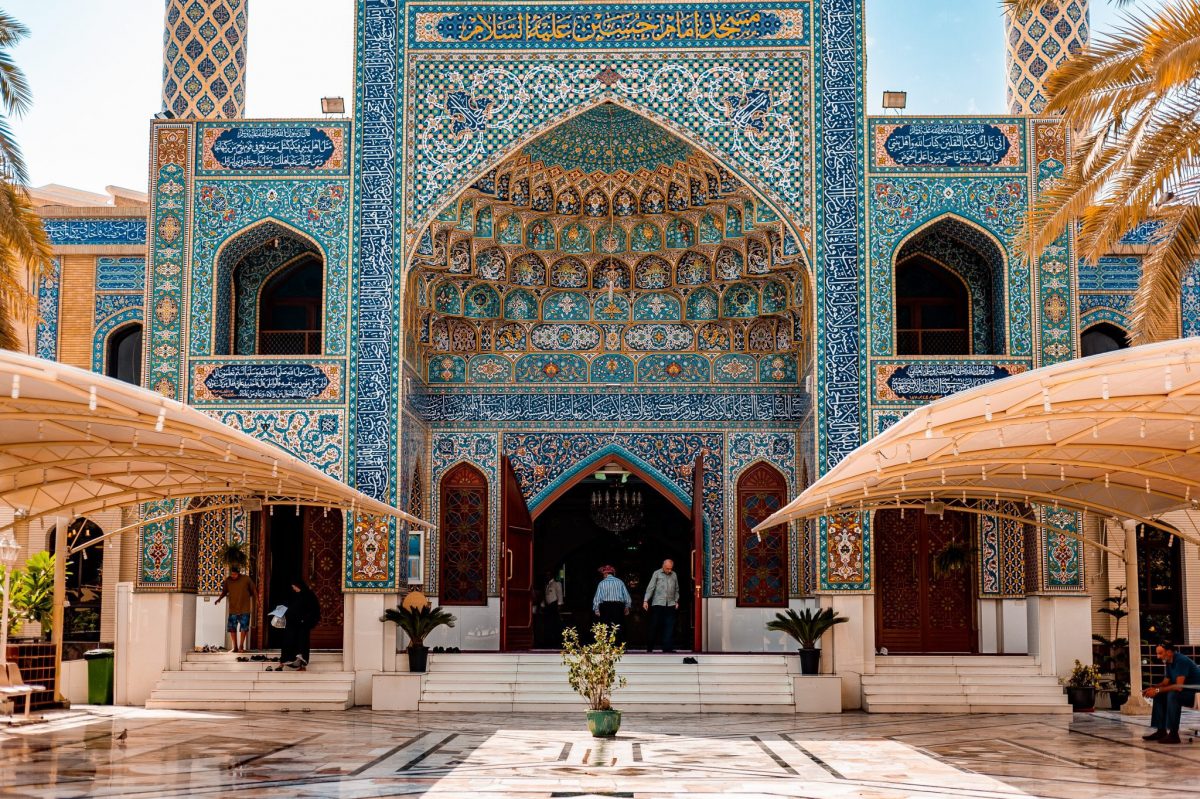Skift Take
As travel companies in United Arab Emirates look to increase digital offerings many seem to be headed in the direction of superapps. The time to build superapps is now and get a first-mover advantage.
Having started its journey in 2008 with an office in United Arab Emirates’ Sharjah, online travel company Musafir.com comes a long way in a 14 years, now working steadily on developing a travel superapp.
“We are looking to launch the superapp early next year,” said Sachin Gadoya, CEO and co-founder of Musafir.com and Musafir Business. Besides Sharjah, Musafir now has offices in Dubai, Abu Dhabi Ras Al Khaimah and has also made inroads into India.
Consumers in the Middle East and North Africa region are the most connected in the world, according to a report by Google and Bain & Company.
A superapp would help to improve user experience providing consumers of Musafir a one-stop shop for all their travel requirements — be it flights, worldwide visas, holidays, ride-hailing or check-in, Gadoya said while speaking to Skift. “Customers will also be rewarded through Musafir loyalty points for each transaction.”
As technological advances shape the next stage of growth, Gadoya said the company has been using technology aggressively to meet the changing consumer demands across both leisure and corporate travel segments.
“It is inherent in our corporate DNA to constantly look at ways in which technology can enhance the customer experience and exceed customer expectations,” he said.

Musafir Means Business
Talking about how the company has been leveraging technology to facilitate corporate travel through the recently-launched Musafir Business Platform, Gadoya said, “The Musafir Business platform empowers corporates to automate approval workflows, policy enforcement and provides insightful spend analytics., whilst giving them the control to curb travel spending.”
Gadoya is also keen to note that the vaccination drive, flexible work options and easing of entry restrictions have all contributed to the recovery of corporate travel over the past year .
“Business travel has touched 50 percent of pre-Covid levels. We’re confident that the recovery is well underway to reach 80 percent of pre-Covid by the end of 2022, contributing to the Middle East’s soaring ranks in business travel spending.”
As more and more companies offer remote and flexible working options to employees, Gadoya noted that around 5-7 percent of corporate travellers in the United Arab Emirates are now opting for bleisure travel. “This trend is only going to increase, and we are expecting this to go to up to 10 percent,” he said.
Scoring Tourism Goals With FIFA World Cup
Travel companies in UAE are most excited about the Federation Internationale de Football Association’s (FIFA) World Cup in Qatar this year as the country would be reaping the spin-off benefits of the event in a big way, thanks to its increased flight frequency and hotel capacity.
Musafir.com has witnessed 70-80 percent growth in advance booking between Dubai and Doha, said Gaodya, adding that the numbers would significantly increase in the coming months as the United Arab Emirates has now launched a multiple-entry tourist visa for Hayya card holders attending the World Cup.
Gulf nations are gearing up for a boom in tourism during the World Cup as Qatar hopes the tournament will attract roughly 1.5 million visitors. The shuttle flights being operating by Middle Eastern carriers will further help to reduce the burden on Qatar, which would be struggling with limited accommodation facilities.
Commenting on the choice of Dubai as a hub for the World Cup, Gadoya said, “Travellers prefer to shuttle from Dubai as the hotels in Doha are either unavailable or very expensive.”
“More than 90 shuttle flights are scheduled to land in Doha during the World Cup operated by Air Arabia, Fly Dubai, Kuwait Airways, Saudia and other Gulf carriers, 40 of which will be from Dubai,” Gadoya said.
However, in spite of the shuttle flights, Gadoya has noticed a huge uptick in bookings for charter flights from UAE during the World Cup. “The demand for private charter flights has soared as requests have been registered by organizations and individuals wanting to avoid long waits and flight delays at the airports,” he said.
The demand for private charter, according to Gadoya, ranges from the very light and affordable four-seater to the light jet eight-seater and the midsize jet nine-seaters.
Travelers Undettered by Soaring Airfares
While carriers in the region have been ramping up capacity with Emirates operating 74 percent of pre-pandemic capacity and planning to reach 80 percent by year-end, airfares to and from the United Arab Emirates have also gone up significantly.
An expatriate group had also filed a case in an Indian court last month challenging the exorbitant prices of tickets on flights operating between Gulf countries and India.
Compared to the pre-Covid period, there has been a 50 percent increase in airfare, according to Gadoya.
“Normally flight fares have high-price elasticity which means that a slight fluctuation in prices affects demand greatly. However, this year we have seen that even with the increase in prices the demand has not yet decreased, and people continue to travel.”
Post the summer break, travel companies had been anticipating that airfares would go down, however, that has not been the case and Gadoya expects that with the Qatar World Cup, Formula 1 and other sporting events in the fourth quarter of 2022, fares will continue to soar.
The Daily Newsletter
Our daily coverage of the global travel industry. Written by editors and analysts from across Skift’s brands.
Have a confidential tip for Skift? Get in touch
Tags: asia monthly, ceo interviews, charters, corporate travel, dubai, emirates air, uae, world cup
Photo credit: Gulf nations are gearing up for a boom in tourism during the World Cup. Olga Ozik / pixabay
